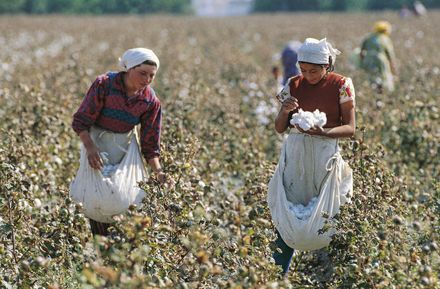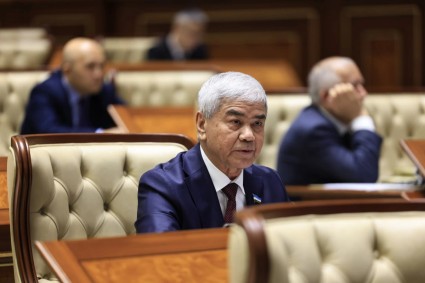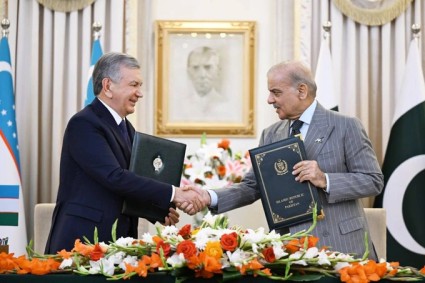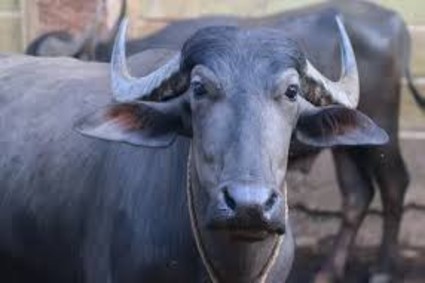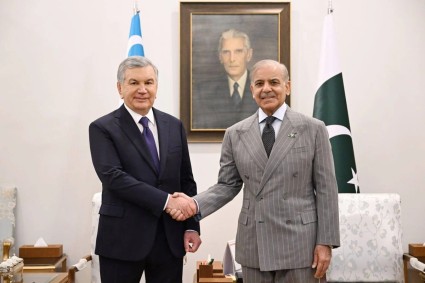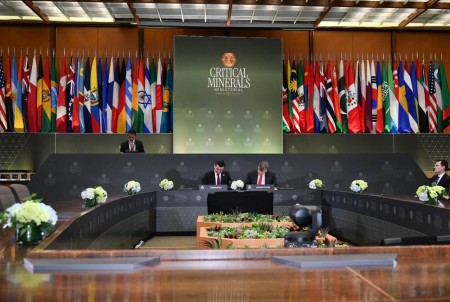The U.S. Department of Labor today announced the award of a $2 million cooperative agreement to support the improvement of labor conditions and prevent forced labor and child labor in Uzbekistan’s cotton industry.
Administered by the Bureau of International Labor Affairs, the funding will support a project in which the Solidarity Center and its co-implementer, the Center for International Private Enterprise, will strengthen worker voice and build the capacity of local cotton businesses to adhere to international labor standards and enact effective labor compliance systems.
The world’s sixth largest producer of cotton, Uzbekistan generates more than one million tons annually. Its annual cotton harvest employs about two million workers – the world’s largest seasonal labor mobilization – from which approximately half of these workers derive their entire annual income. For decades after the fall of the Soviet Union, Uzbekistan’s government enforced strong, centralized control of cotton production, forcing farmers and seasonal workers, including children, to meet quotas for planting and picking cotton.
“Uzbekistan’s commitment to labor standards compliance has renewed international interest in sourcing and investing in cotton grown there,” said Deputy Undersecretary for International Affairs Thea Lee. “To take advantage of these economic growth opportunities, employers must provide decent working conditions and respect the voices and rights of workers. At the same time, workers will need tools to advocate for good labor practices and participate in labor standards compliance systems.”
In 2017, a new government initiated broad reforms and pledged to eliminate forced labor. The government’s efforts to promote public awareness of forced labor prohibitions and identify violations and penalize offenders have markedly reduced forced labor and child labor in Uzbekistan’s cotton industry. Today, the industry is moving toward to a privately managed “cluster” system of regional cotton and textile firms that buy cotton from local farmers or farm it directly.
On Sept. 28, 2022, ILAB updated its global list of goods produced by child labor or forced labor, removing cotton from Uzbekistan after finding significant reductions in the prevalence of forced labor.

